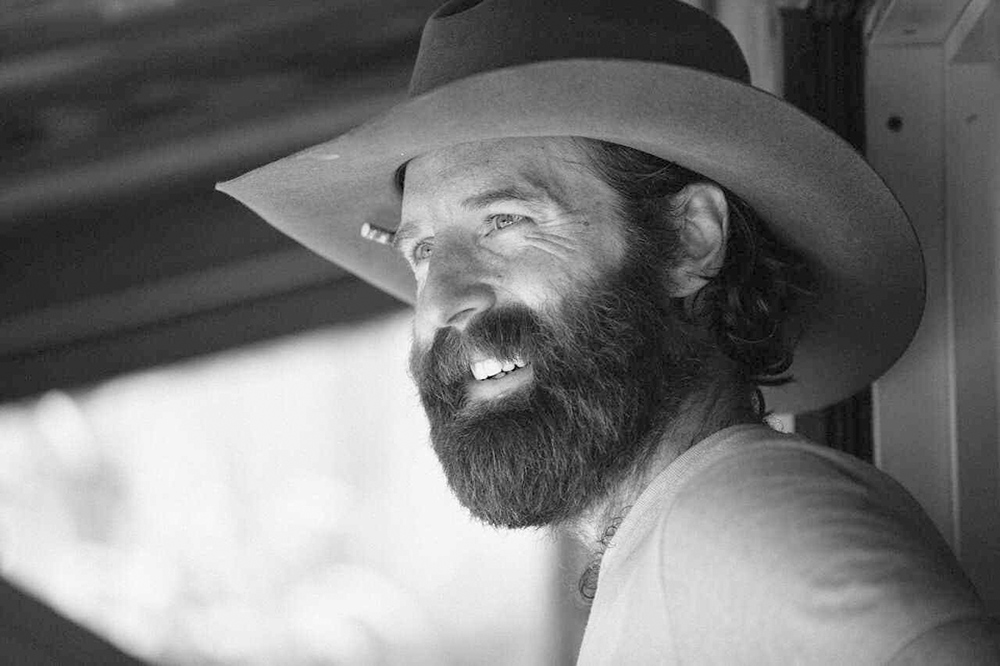By Sean Dietrich
In Bethlehem last night only 50 people attended the annual tree-lighting ceremony. Thanks to new COVID restrictions, West Bank’s Manger Square looked empty with its small crowd. It was a humbling sight. Christmas in the Biblical city hasn’t been this poorly attended since King Herod was in office.
The tree-lighting event was virtual this year. “Virtual” is the most popular buzzword of 2020. Everything is virtual now. It’s only a matter of time before we have virtual dating, virtual weddings and Zoom delivery rooms with virtual OB/GYNs. Don’t get me wrong, virtual things are great, but there’s nothing like “real” stuff.
Bethlehem’s scant crowd was mostly journalists, religious leaders and various important people with names I can’t pronounce. Palestinian Prime Minister Mohammad Shtayyeh attended. So did Bethlehem Mayor Anton Salman, who said:
“We resorted to modern technology and to the virtual world to celebrate the lighting of the Christmas tree, wishing hope and optimism would flutter upon Palestine and the world.”
Normally at Christmastime, Bethlehem is overrun with non-virtual people. But those days are gone for now.
The devastating thing is, the Christmas season is usually Bethlehem’s money-making season. The December holidays are to Bethlehem what spring break is to Panama City Beach. The profits locals make in the tourist season hold them over for 11 months. I know this because (a) I live 20 minutes from Panama City Beach, and (b) I once knew a man from Bethlehem.
The latter happened purely by chance. I was introduced to my Bethlehem friend in one of those serendipitous moments you never see coming. He owned a sandwich shop near a hardware store. He was a rotund man, with a white walrus mustache, and skin like bronze.
I was at the hardware store on a construction job site errand, picking up wax O-rings for toilets — I wasn’t a plumber, I was a tile guy. But somehow we lowly tile trolls got stuck with commode detail that day.
When I exited the hardware store I noticed this guy in front of his shop trying to drum up business. He said I was his first and only customer. He also said business was terrible, although he didn’t look depressed about it. This guy was so jolly he made Santa look clinically depressed.
He gave me the tour of his store, which was filled with touristy junk. He’d been desperately trying creative ways to turn a buck. So, in addition to food, he also sold souvenirs from Palestine, like olive-wood carvings, chess sets, spices and (why not?) a full line of knock-off Converse All-Star sneakers.
Because I have the curse of gab, I lost track of time and wasted hours with him. One conversational tidbit led to another. Then things got interesting when he called his wife and daughters from the kitchen and they started serving piles of delicious food without even asking. I was to be this man’s word-of-mouth promotional experiment.
He kept bellowing in a cheerful voice: “You try theez a’foods, then you tell other Americans about me, no? You want more lamb, yes?”
I ate until I was sickened. The ladies kept bringing ethnic dishes, and I kept consuming until I lacked the muscular strength to chew. Midway through the meal the man began telling me about his childhood in Bethlehem.
“Wait,” I said between mouthfuls of what tasted like hush puppies on anabolic steroids. “You’re from the REAL Bethlehem?”
I’d never met anyone this cultured before. The most exotic person I’d ever known was a guy named Ray Ray from Texarkana.
Before he could answer, his daughters served something called “baklava.” It changed my life.
Thus, while I ate flaky dessert pastry, this man spoke of his homeland with a homesick timbre to his voice. He described his little town in painstaking detail so that it was like being there.
When he talked of the Church of the Nativity, which sits above the supposed birthplace of a famous carpenter, it sounded otherworldly. He described Solomon’s pools, and I suddenly longed to see them. The Milk Grotto Church. Manger Square. Saint George’s Monastery. And a 5,000-year-old olive tree, growing in a local village.
I could swear the little man had glass tears in his eyes when he spoke of how the town looked each Christmas season. He said the tourists swarmed the city each year, eating colorful foods, buying hand carved trinkets, T-shirts, fake designer handbags and of course faux Converse tennis shoes.
Meantime, his wife and daughter kept shoving more baklava down my gullet in the forcefully hospitable way that strong women do. In fact, these ladies were so hospitable I’m surprised I didn’t leave the place betrothed to someone’s sister.
When I finished eating, it was late. So late, in fact, that my boss threatened to fire me when I returned to work. My supervisor was livid when I told him how I’d found this great sandwich shop filled with foreign foods and baklava. He didn’t move a facial muscle during my glimmering retelling of my afternoon. But then, he wasn’t exactly known to be a man of taste.
I didn’t care what anyone thought, I was in a good mood for the rest of the day.
Later, on the jobsite, before we installed two toilets, my boss noticed my feet and laughed in mock amazement. He pointed and said, “What in the [cuss] are you wearing on your feet?”
I glanced at my brand new shoes. The Converse All-Star toe-guards were pristine white, straight from the factory.
“When did you buy those?” a coworker asked.
“Bought them today,” I said. “At a sandwich shop. They’re an early Christmas gift to myself.”
Because if there is one thing I know about Bethlehem, it will always be famous for its non-virtual Christmas gifts.

